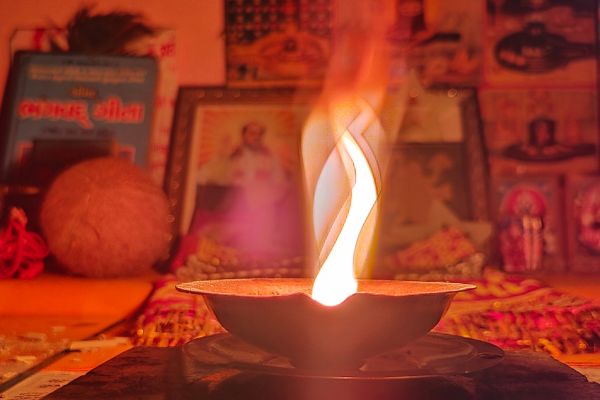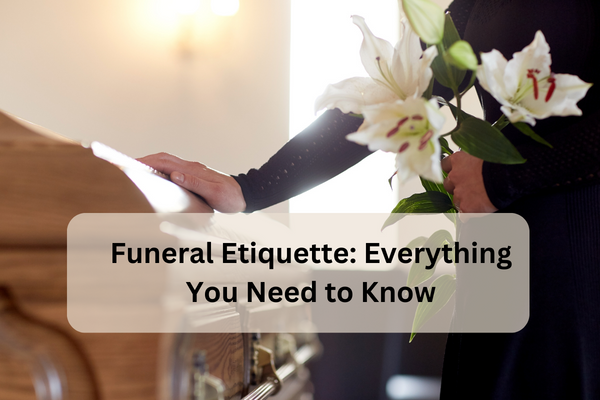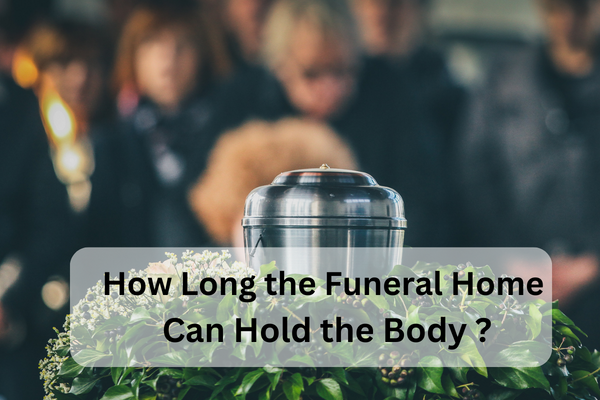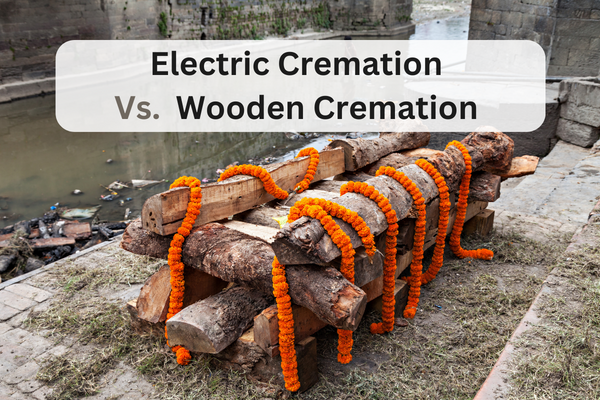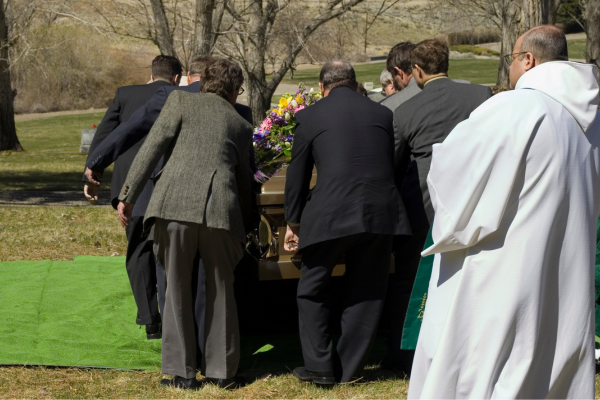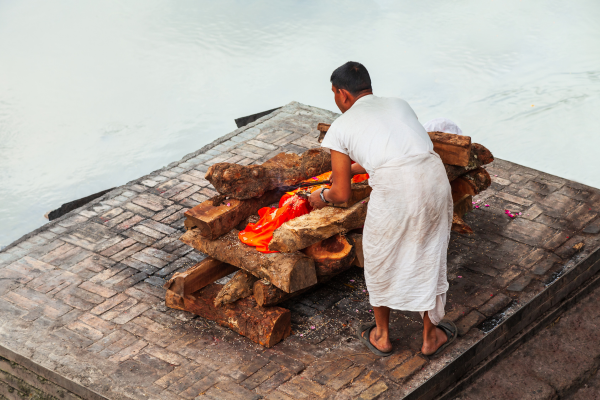Currently Empty: $0.00
Making an Informed Choice: Cremation or Burial Services
Death is an inevitable part of life, and when the time comes to say goodbye to a loved one or plan for our own final arrangements, one of the fundamental decisions we must make is whether to opt for cremation or burial services. Both cremation and burial have been practiced for centuries, and each option carries its unique set of considerations, traditions, and environmental impacts. Making an informed choice between these two methods is essential to ensure that the final farewell aligns with the values and preferences of the deceased and their family.
Contents
Difference Between Cremation and Burial
Understanding Cremation:
Cremation is a funerary process that involves the transformation of a deceased body into ashes and bone fragments through intense heat. The process typically takes place in a crematorium, and the remains, known as “cremains,” are usually stored in an urn or scattered in a meaningful location as per the deceased’s wishes.
Pros of Cremation:
i. Environmental Impact: Cremation generally has a lower environmental impact than traditional burials, as it requires less land space and avoids the use of embalming fluids, caskets, and tombstones.
ii. Flexibility in Memorialization: After cremation, families have the flexibility to choose how to memorialize their loved ones. They can keep the urn at home, create memorial jewelry, or scatter the ashes in a place that held significance for the deceased.
iii. Lower Cost: Cremation services can often be more affordable than traditional burial options, making it an attractive choice for families on a budget.
Cons of Cremation:
i. Cultural and Religious Considerations: Some cultures and religions have strict guidelines about burial practices and may discourage or prohibit cremation.
ii. Lack of Tangible Memorial Site: For some people, having a physical grave or memorial site to visit is essential for the grieving process, which is not possible with cremation.
iii. Emotional Implications: For some individuals, the thought of reducing their loved one to ashes can be emotionally challenging to cope with.
Understanding Burial:
Burial is the traditional method of laying the deceased body to rest in the ground. This process involves placing the body in a casket and burying it in a cemetery or other designated burial grounds.
Pros of Burial:
i. Cultural and Religious Significance: Burial practices often hold cultural, religious, and historical significance, providing a sense of continuity and connection with the past.
ii. Tangible Memorial Site: For many people, having a physical gravesite provides a place for remembrance, reflection, and ongoing connections with the departed.
iii. Emotional Comfort: The ritual of burial can offer emotional comfort to the bereaved, providing a structured process for mourning and closure.
Cons of Burial:
i. Environmental Impact: Traditional burials may have a higher environmental impact due to land usage, the manufacturing of caskets, and the potential use of embalming chemicals.
ii. Higher Costs: Burial services, including the purchase of caskets, cemetery plots, and headstones, can be significantly more expensive than cremation.
iii. Limited Memorialization Options: Burial services may offer limited choices for memorialization compared to the diverse options available with cremation.
Factors to Consider:
i. Personal Preferences: The wishes and beliefs of the deceased, as well as the emotional needs of the bereaved, should be given primary consideration when making this decision.
ii. Cultural and Religious Considerations: If the deceased had specific cultural or religious beliefs, it is essential to respect and adhere to those traditions.
iii. Environmental Impact: Consider the environmental implications of both options and choose the one that aligns better with eco-friendly values.
iv. Financial Considerations: Take into account the financial implications of both choices and determine what fits within the available budget.
v. Family Consensus: Engage family members in open discussions to ensure everyone’s opinions are heard and that the chosen option brings comfort to all.
Conclusion:
Making the choice between cremation and burial services is a deeply personal decision that should reflect the values, beliefs, and preferences of the deceased and their loved ones. While cremation might be more environmentally friendly and cost-effective, burial provides a tangible memorial site and often carries cultural and religious significance. Ultimately, there is no right or wrong answer; rather, it is about finding the best way to honor and remember the departed in a manner that brings solace to the living. By considering the factors discussed in this article and having open and honest conversations, individuals can make an informed and meaningful choice regarding their final arrangements or those of their loved ones.

